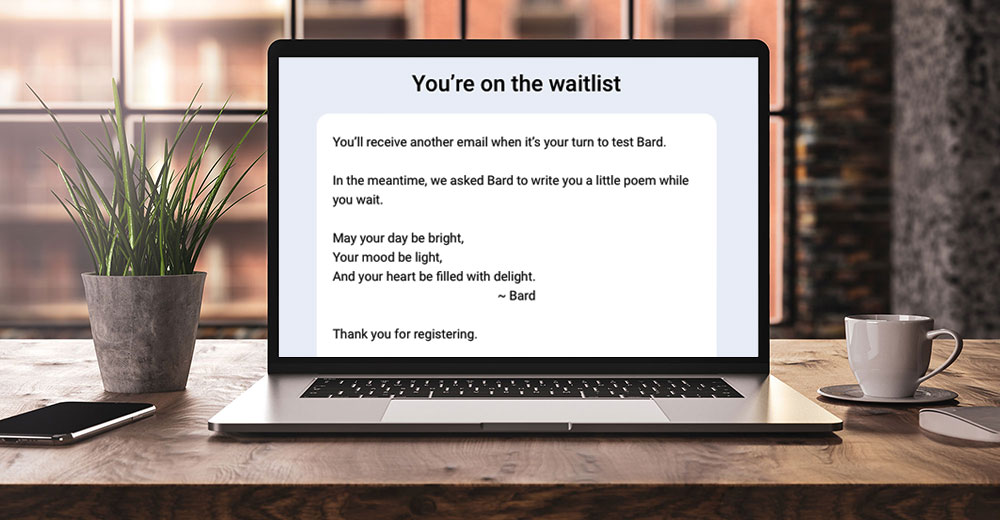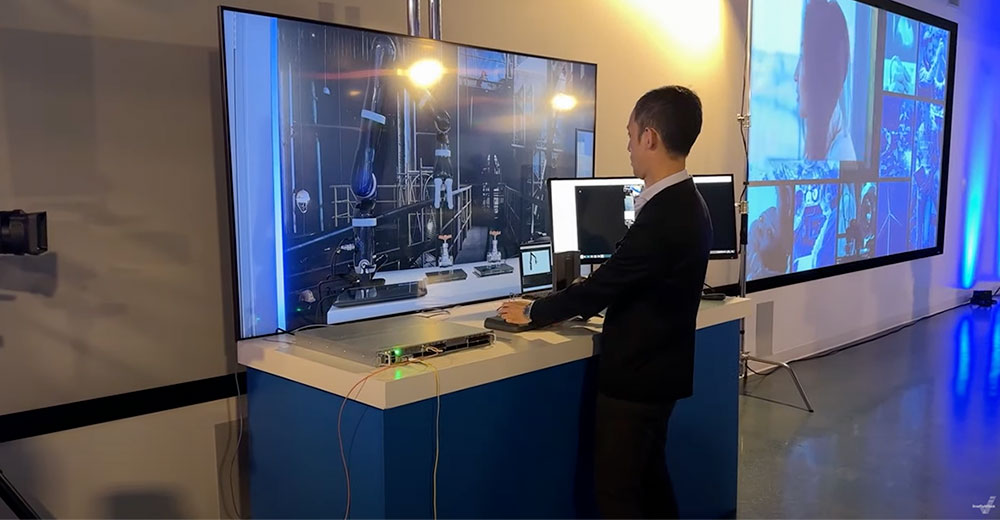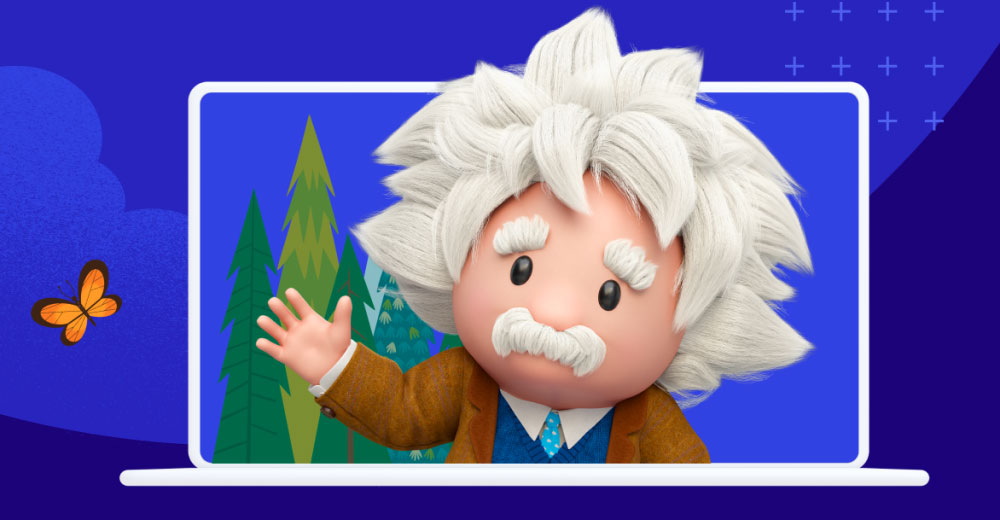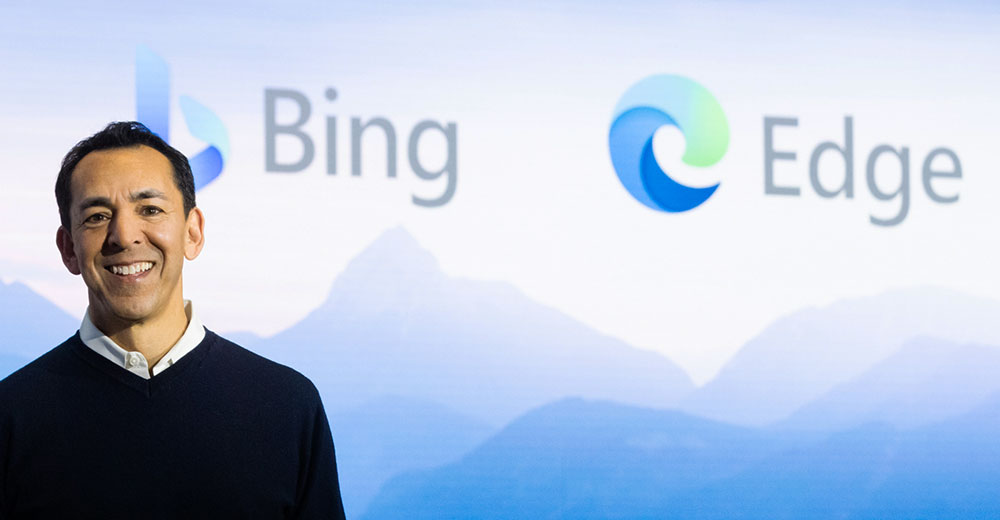Google opened up its ChatGPT competitor Bard to the public in the United States and the United Kingdom Tuesday, although access will require getting on a waitlist.
“Today we’re starting to open access to Bard, an early experiment that lets you collaborate with generative AI,” Google Vice President for Product Sissie Hsiao and Vice President for Research Eli Collins wrote in a company blog.
They explained that Bard could be used to boost productivity, accelerate the generation of ideas, and pique curiosity.
“We’ve learned a lot so far by testing Bard,” they noted, “and the next critical step in improving it is to get feedback from more people.”
While large language models are an exciting technology, they’re not without their faults, the Google executives acknowledged. Because they learn from a wide range of information that reflects real-world biases and stereotypes, those sometimes show up in their outputs, they continued. And they can provide inaccurate, misleading, or false information while presenting it confidently.
“Our work on Bard is guided by our AI Principles, and we continue to focus on quality and safety,” the pair added. “We’re using human feedback and evaluation to improve our systems, and we’ve also built in guardrails, like capping the number of exchanges in a dialogue, to try to keep interactions helpful and on topic.”
Chasing Redmond
Since Google unveiled Bard to the world in February, the company has been trying to play catch up with Microsoft, which has been introducing AI features into its products at a feverish pace.
“Google is in a panic now that Microsoft has beat them to market, and they are bleeding users, which puts them in a ‘ready or not here it comes’ mindset,” declared Rob Enderle, president and principal analyst of the Enderle Group, an advisory services firm in Bend, Ore.
“Just a short time ago, they were convinced it wasn’t close to being ready and appeared to reduce resources to it, so it is unlikely it is truly ready, but they need a response now and are clearly taking a big risk to prevent Microsoft from bleeding their search engine dry,” he told Businsiders.
Undoubtedly, Google is in catch-up mode, maintained Mark N. Vena, president and principal analyst at SmartTech Research in San Jose, Calif.
“I think Google is under enormous market pressure to get Bard into the mainstream marketplace ASAP as there’s been somewhat of a perception that they were caught off-guard by ChatGPT’s market reception,” he told Businsiders.
Google has been talking about its AI and machine-learning work for many years, but, up to now, it has reached the consumer in only very limited ways, observed Ross Rubin, the principal analyst at Reticle Research, a consumer technology advisory firm in New York City.
“ChatGPT really struck a nerve inside Google. It’s an existential threat to Google Search,” he told Businsiders.
Cautious Pace
Despite the pressure to close the gap with Microsoft, the rate of Bard’s development remains reserved.
“Google’s pace is somewhat more cautious than Microsoft’s,” observed Greg Sterling, co-founder of Near Media, a news, commentary, and analysis website.
“They feel like they have more to lose as a brand if Bard is widely available and goes off the rails,” he told Businsiders.
Rubin explained that Bard is being rolled out slowly because Google has a dominant market position and wants to position the chatbot as a continuation of its existing search product.
“Microsoft has a similar rollout with its use of AI in Office,” he added.
At this point, Vena noted, the damage from the perception that Google is trailing Microsoft is done, so Google would be wise to utilize its resources to make Bard the best tool in the market and stop worrying about being first.
ChatGPT vs. LaMDA
Vena added that creating a waitlist while slowing down a full rollout of Bard can benefit the product.
“It reinforces a perception that Bard is not ready for prime time,” he said. “But putting that perception aside, it’s probably a wise move on Google’s part, as a staggered release allows them to work out bugs in a measured and deliberate manner, which is a good thing.”
Sterling asserted that the waitlist serves another purpose, too. “They’re trying to control who has access and how the conversation around Bard happens by limiting access,” he said. “But in fairness, this is often the way tech products are rolled out.”
Hsiao and Collins noted that currently, Bard is powered by a lightweight and optimized version of Google’s research large language model LaMDA, but the offering will be updated with newer, more capable models over time.
“Bard doesn’t seem as powerful as GPT-4, which OpenAI released recently, but because it’s hooked up to the internet, it makes a difference in what it can rely upon to answer questions,” observed Will Duffield, a policy analyst at the Cato Institute, a Washington, D.C., think tank.
“Bard functions better as a personal assistant but doesn’t perform as well on deep analytical tasks, such as giving it a set of patch notes from a video game and asking it how they will change the state of play or asking it to analyze a Supreme Court transcript,” he told Businsiders.
Multiple Answers to Queries
Vena explained that LaMDA is specifically designed for natural language conversations and aims to be more context-aware than previous language models. It was trained on a diverse range of topics and could potentially be used in various conversational applications, such as chatbots, voice assistants, and customer service tools.
Microsoft’s large language model, on the other hand, he continued, was not specifically designed for dialogue applications but rather for more general language understanding. Microsoft has been working on several language models that endeavor to improve natural language processing and generation across a variety of applications, including translation, sentiment analysis, and question-answering.
Bard also departs from ChatGPT by producing multiple drafts of its responses to a query. “It provides users with more flexibility to examine multiple query results, and that’s a good thing, in my view,” Vena said.
While offering multiple drafts gives consumers more choice and information, Sterling noted, it also appears to be a hedge against user criticism.
Overall, he added, Google is being more cautious about its messaging and presentation about Bard than Microsoft has been about Bing.
“Bing is bolder,” he said. “Microsoft has less to lose and is eager to embrace AI chat as an evolution of Bing.”
“For Google,” he continued, “this seems to be more of a novel add-on that will improve with time. They’re downplaying it as a search replacement. That’s partly to condition user expectations and to shape broader market perceptions.”






